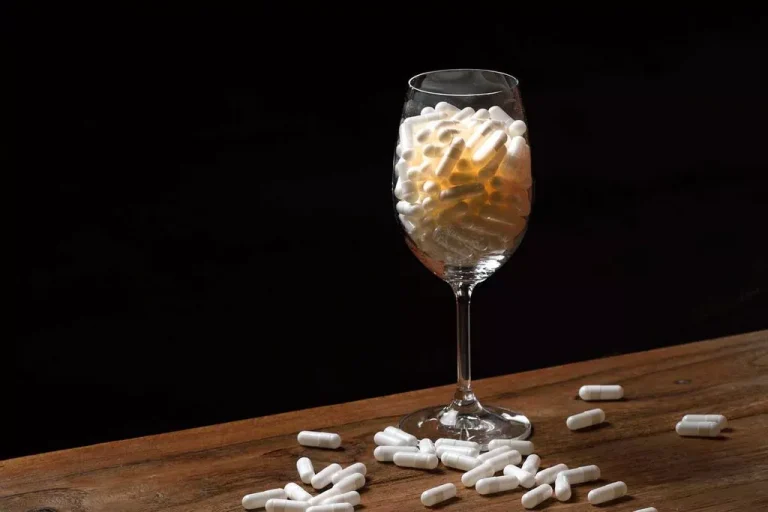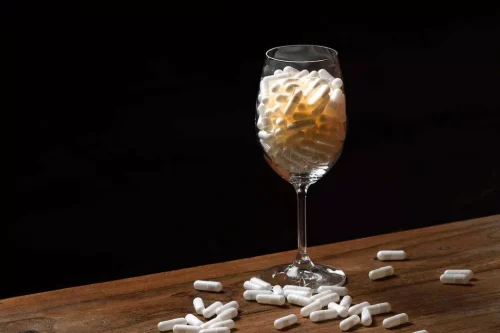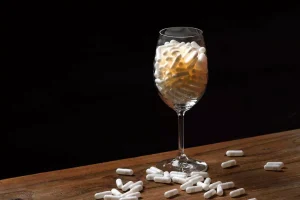After one week, many people may be free from withdrawal symptoms from alcohol, but still feel general fatigue, sleep disturbances and cravings for alcohol. These psychological symptoms can last even longer depending on the individual’s mental health history and relapse prevention strategies. It can be helpful to seek professional help during this time, as well as relying on support from family and friends. Recovering from these effects to “sober up” takes time, and the body often needs at least a full day to feel clear-headed and physically well after heavy drinking. For some, the physical toll can last longer, impacting not only mood and energy but also overall health. This recovery process can serve as a reminder of the short-lived benefits of drinking compared to the enduring advantages of a sober life.
What Are the Benefits of Mindful Drinking?
When you stop drinking after drinking heavily for a long period of time, you may feel unwell, and might even go into withdrawal. But once you have quit drinking for a while and have gotten out of the withdrawal period, you may actually start feeling pretty good. While people use alcohol to block out how they feel, the end result is usually that they feel pretty rotten.
Common Attitudes in Men with Dry Drunk Syndrome
This attitude can manifest as either feeling superior to others or playing the victim. Alcohol impacts the brain’s ability to concentrate for extended periods. Drunk people are easily distracted and can’t focus on a task. Sober people can logically approach issues and make decisions with a balanced perspective. They can consider all repercussions instead of being impulsive.
Here’s how you can put sleep at the top of your priority list:
There is a stigma around therapy that should be torn down, engaging in counseling should be done by all people who want to grow, mental illness is no different. Finding a counselor who works for you is a perfect start, in fact, it would be even better to have that form of counseling connected to treatment. For many people who suffer from addiction, drugs and alcohol are temporary “solutions” to these problems, before they become bigger problems themselves. You may think that you’re sober once you’re able to walk in a straight line, but that doesn’t mean that you aren’t drunk. It all comes down to your blood alcohol concentration (BAC).
Alcohol
However, frequent blackouts can be an early sign of problem drinking or alcohol use disorder. When people are unable to stop or control their drinking, they may black out more often than others. Most of us know someone who goes from quiet and reserved to extremely touchy-feely when they are drunk. Many people experience a relapse when there’s a specific moment or window of opportunity that gives them the chance to use again.
- The person who is only drinking a little each hour is better able to filter the alcohol out of the blood.
- Recovery from addiction isn’t just the absence of substances, but rather a way of life.
- When the body is unable to excrete alcohol, all functions will slow.
- Returning to substance use can be dangerous to your health, and it’s important that you stay safe.
- In some cases, their body temperature may plummet, leading to hypothermia, which can cause organ failure.
I became (briefly) engaged to a performance artist – a recovering alcoholic who was almost giddy at the notion of ushering me into sobriety. I visited the rooms with him a couple of times and, like many alcoholics in denial (which I thought I also might be), judged the entire room and everyone in it. Finnish researchers have found a gene mutation in the serotonin 2B receptor linked to reckless behavior under the influence of alcohol. “I’ve definitely changed my relationship with alcohol because I used to drink every single day.” He staunchly believes in unlocking the inherent potential in each person, regardless of their starting point.
Alcohol can lead to rapid mood changes and emotional swings. Initially, individuals may feel happy and relaxed, but as intoxication increases, these positive emotions can quickly turn into irritability, sadness, or anger. These mood swings are often unpredictable and can lead to conflicts and misunderstandings in social settings.
You may also pass out or lose control of your bodily functions. It can be helpful to know the signs of being drunk so you can avoid possible harm to yourself by continuing to drink. “They might be able to better control these emotions when sober, but they’re still present on some level,” said Edmonds. You might resume using alcohol or drugs again after a period of avoiding them. Either way, a relapse happens when you use a substance you don’t want to.
- More than 70 percent had an alcoholic drink in the past year, and 56 percent drank in the past month.
- The higher your BAC is, the more drunk you become, leading to side effects such as cognitive impairment, loss of coordination, dizziness, nausea, etc.
- The mental stage of a relapse happens when your thoughts start drifting to resuming substance use.
Once this is done, we work on changing our train of thought and turn to good coping mechanisms. Please consider Cognitive Behavioral Therapy as a way what does being drunk feel like to treat your Dual Diagnosis. Adrienne Santos-Longhurst is a freelance writer and author who has written extensively on all things health and lifestyle for more than a decade. According to the National Highway Traffic Safety Administration, 1,878 people were killed in 2018 in alcohol-related crashes involving drivers with BACs of .01 to .07 g/dL. The risk of an accident increases significantly when you drink.
- You will have trouble breathing and may choke on your own vomit.
- This condition is rare and may make you feel intoxicated without having alcohol.
- This mindset can lead to feelings of superiority or inferiority, fostering bitterness and resentment.
Blood alcohol content (BAC) is the unit used to measure the amount of Sobriety alcohol in a person’s bloodstream. The more alcohol you drink, the stronger the effects of alcohol on the body. According to a 2015 national survey, more than 86 percent of people ages 18 and older say they’ve had alcohol at some point in their lifetime. More than 70 percent had an alcoholic drink in the past year, and 56 percent drank in the past month. Alcohol significantly impairs judgment and decision-making abilities.




